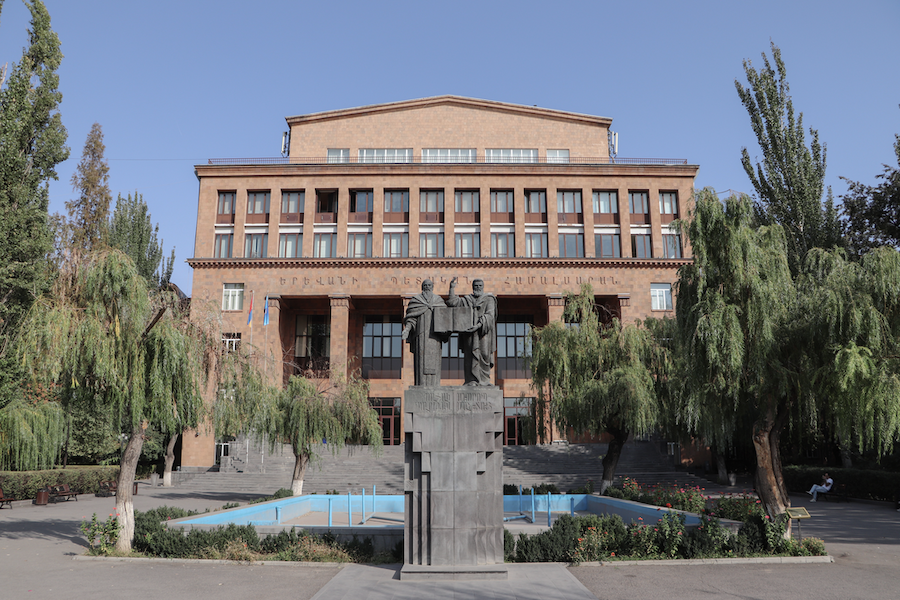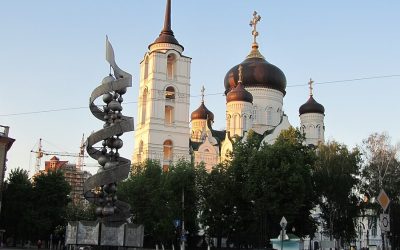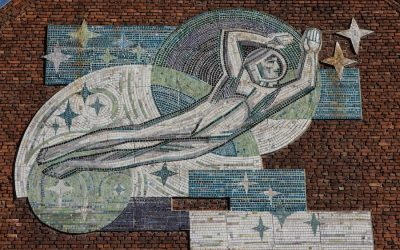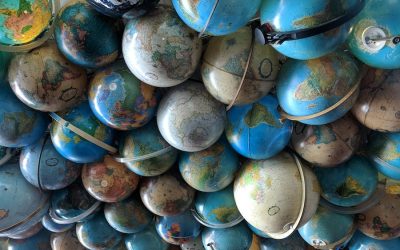Conference | Yerevan State University | October 19-21, 2023
Elizaveta Potapova
Photo: By Beko – Own work, CC BY-SA 4.0
Overview
The field of academic freedom encompasses a range of issues, from the “classic” questions of freedom to teach and to study and to express oneself without external pressure, to questions of how to reconcile scientific “neutrality and objectivity” with extramural ethical and political agendas.
The proliferation of post-truth, rise of populism and the prevalence of propaganda during Russia’s war of aggression against Ukraine has sharply exacerbated the fundamental dilemma of academia and scientific work as such: the dilemma between the “pursuit of objective truth” and the positionality of a scholar, between the reliability of research results and responsibility for one’s own words and actions.
The conference “Freedom of Academia In and Out: Social Sciences and Humanities in the Time of Geopolitical Crisis” invited participants to discuss general theoretical issues related to “science as a profession” as it is understood in the context of contemporary political events. The organizing committee particularly welcomed a focus on cases and contexts in which dramatic political events and military conflicts have affected research in a particular discipline and field, leading to a reassessment of approaches, methods, and research strategies, as well as the discussion of specific practices of public engagement of academia and related divisions within it.
The conference took place at Yerevan State University on October 19-21, 2023. Forty-five participants from 20 countries took part in the 3-day event, which was held in a hybrid format.
Two keynote speeches, 3 roundtables, and 4 panels were organized around the themes of academic freedom, academic engagement, and the mission and challenges of the social sciences.
The interdisciplinary, international, intergenerational audience was very responsive to the topics, ensuring lively and productive discussions not only after each presentation, but also during coffee breaks and dinners. Such attention to a conference that has no long history or permanent institutional affiliation signals to the organizing committee the relevance of the theme and its community-building potential, which needs to be further explored in follow-up projects and initiatives.
The organizing committee sees this, as well as the attention given to the conference during the applications phase (more than 80 applications were received), as a step toward scaling up the initiative launched in 2022.
Main Topics and Discussions
The choice of Yerevan as the location of the conference created an opportunity to consider Armenia and its academic community as an example of a new critical reflection, deconstruction of myths and stereotypes, and formation of a new subjectivity as a communicative space for maintaining and restoring academic communication interrupted by the war in Ukraine. The event explored various topics, including:
- the state of affairs in Armenian academia following the post-Soviet transition and the pro-democratic Velvet Revolution of 2018;
- the impact of political transformations in the Caucasus;
- challenges to academic freedom in contexts such as Nagorno-Karabakh/the Republic of Artsakh;
- the perspectives of scholars from the region; and
- the opportunities and constraints faced by Georgian academic institutions in the post-Soviet era.
The conference also explored the profound impact of war— specifically Russia’s invasion of Ukraine—on academic rights and freedoms. Presentations covered the impact of the war on teaching methods, the ethical dimensions of research, and the challenges faced by scholars in this area.
Discussions extended to broader issues such as state control of Russian universities, ideological pressures, student activism, and the emergence of independent researchers through emigration.
The conference also explored the post-colonial agenda in Russian academia, offering diverse insights into its role as both a colonizing and a colonized institution.
Lessons Learned
The conference marked a significant milestone for CISRus in its efforts to promote scholarship on academic freedom. In exploring the complex intersection of academic freedom, geopolitical events, and the challenges facing the social sciences and humanities, it provided a platform for profound reflection on and discussion of current events and their implications for scholars in the coming years.
As the organizing committee reflects on the successful organization of—and dynamic participation in—this event, it is apparent that valuable lessons have been learned regarding both academic discourse and the organization of such conferences.
Community-Building Potential
- The issue of academic freedom and the reflection on its development and decline in different national contexts and disciplines attracts considerable attention from scholars and provides a basis for a productive interdisciplinary discussion.
- The attention attracted by the conference, despite its relatively short history and lack of a permanent institutional affiliation, underscores its community-building potential, which can be further leveraged to foster a lasting network.
- The positive response to the conference indicates momentum that can be used for future initiatives, possibly including the establishment of a more permanent conference series or institutional affiliation.
Diversity of Participation
- The high number of international and interdisciplinary submissions and the early interest indicate the relevance of the conference theme to the audience that was reached through the personal and professional networks of the organizing committee.
- Despite geographical and disciplinary diversity, Russian citizens were the most-represented nationality, indicating the need to diversify dissemination strategies in the future.
Encouraging Interactivity
The productive discussions during and between sessions highlight the value of encouraging interactivity and engagement. Future conferences should continue to incorporate formats that facilitate meaningful discussions, such as extended Q&A sessions, roundtable discussions, and networking opportunities.





0 Comments